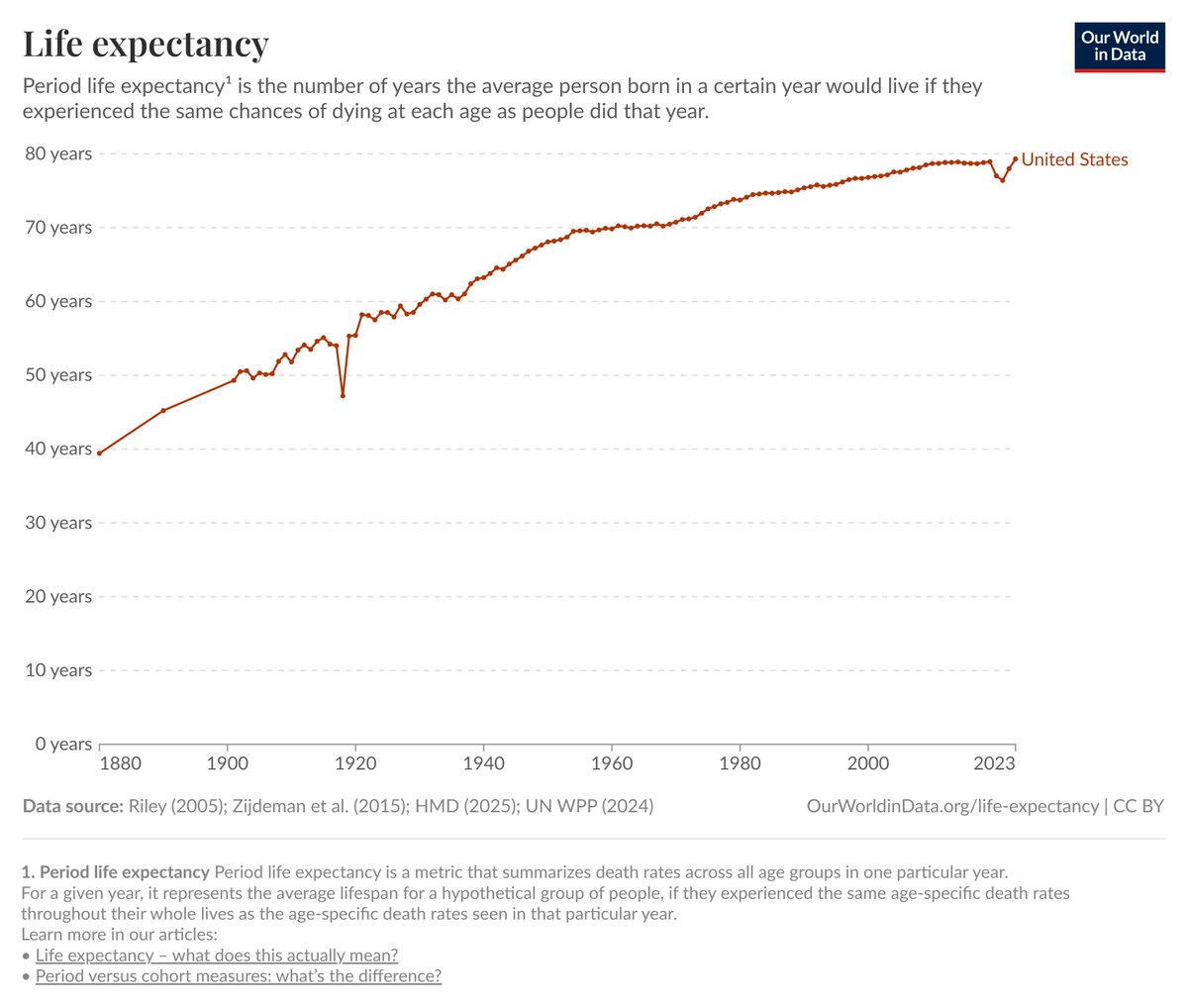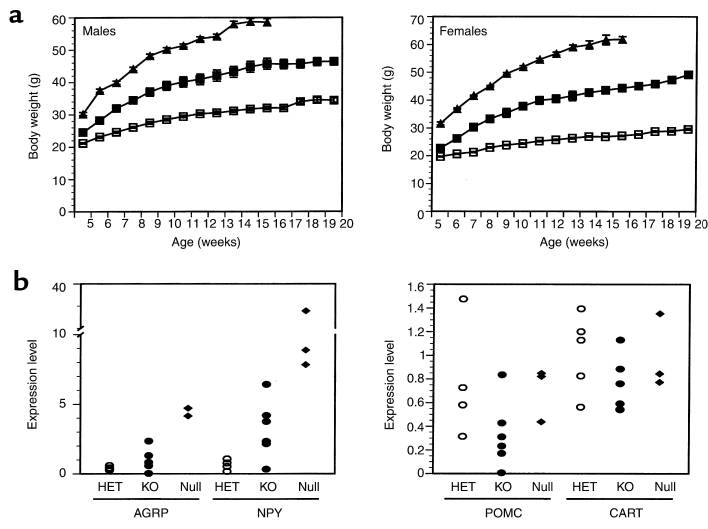
The neuroscience of eating behavior and obesity. Author of The Hungry Brain. Founder and director of Red Pen Reviews. Neuroscience PhD, University of WA.
6 subscribers
How to get URL link on X (Twitter) App



 Key findings:
Key findings:

 This is what the curve looks like for nutrition research.
This is what the curve looks like for nutrition research.

 @patrickc I don't think anyone can claim the concept is woo at this point
@patrickc I don't think anyone can claim the concept is woo at this point





https://twitter.com/bigfatsurprise/status/1522742757470740482If we follow the citation in the tweet, it leads to the 1977 Dietary Goals for the US document, which contains the following table (h/t @Natural_Fallacy)


https://twitter.com/KevinH_PhD/status/1489622951712354308This is the paper it's responding to.
https://twitter.com/whsource/status/1488171720817078275For most wild animals, obtaining energy (calories) is the most important goal of foraging. How do we know that?




https://twitter.com/davidludwigmd/status/1438221501702950912On the ConscienHealth site, Ludwig wrote:


